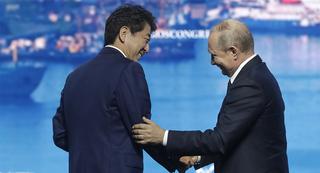
James Schoff, a senior fellow at the Carnegie Asia Program, explains the U.S. position on the close relationship between Russian President Vladimir Putin and former Japanese prime minister Shinzo Abe, and how Washington views economic cooperation between the two neighbors.
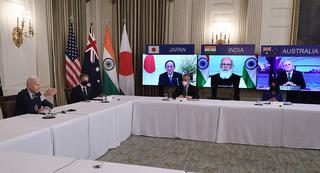
Ahead of the first virtual summit of the Quad countries (the United States, Japan, Australia, and India), Ashley J. Tellis, a senior fellow at the Carnegie Endowment for International Peace, looked at the relationship between Russia and India, the role of the Quad, and why Delhi is keen to include Moscow in Indo-Pacific affairs.
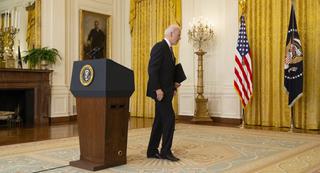
Putin has long positioned himself as a global opposition figure, and will now be able to feel like one of the Russian opposition politicians with whom the authorities refuse to engage for fear of creating a political equivalence.
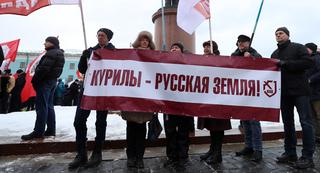
We are unlikely to see a political or economic breakthrough in Russo-Japanese relations. Japan won’t be trying to repeat Abe’s efforts to that end in the foreseeable future. Nevertheless, bilateral relations could well grow naturally under minimally favorable conditions.

U.S. and European sanctions against Russia, as well as the U.S. trade war with China, are good reasons for Moscow and Beijing to persevere with their plan to build a wide-body airplane, despite their differences.
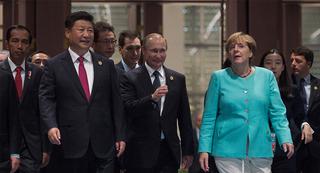
The emergence of a Pax Sinica including Russia could draw new dividing lines over Eurasia.
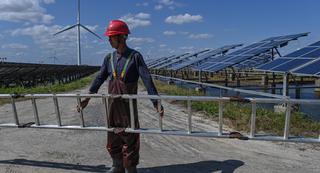
As Russia becomes increasingly pulled into China’s tech orbit, the Rubicon will be the Kremlin’s final decision on whether to use Chinese or Western technology to develop 5G networks in Russia—and currently Chinese companies look like the favorites.
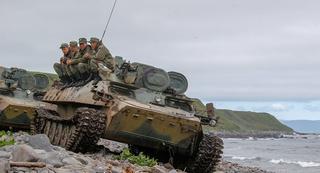
As the destabilization of the Indo-Pacific region continues and disagreements between key players escalate, the Russo-Japanese security dialogue may acquire growing significance.
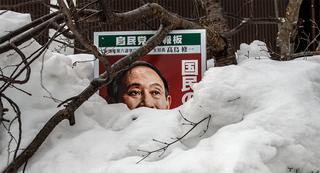
Any discussion of Russia’s Asia policy inevitably focuses on China, but what about Japan?
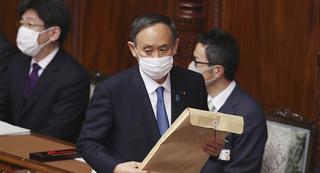
The Yoshihide Suga administration should continue its policy of engagement with Russia, while keeping the conclusion of a peace treaty and resolution of the territorial issue as a future task.

Since the relationship between Japan and China will inevitably remain competitive and confrontational in the long term, the strategic importance of progress in Japan’s relationship with Russia will grow.

Donbas should brace itself for a long time in the role of a Russian military protectorate like Transnistria or South Ossetia. Local elites will have to deal with Moscow’s efforts to optimize the region’s administration, while the people there will see the creeping integration of the republics with Russia.

Ahead of his trial for defaming a war veteran, Alexei Navalny quoted from the bible and confessed that he has become religious, pitting two ideological pillars of the Russian regime against each other: wartime victory and Christianity.
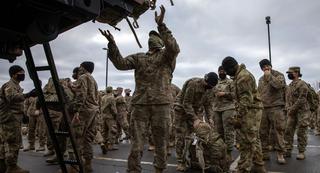
Moscow doesn’t see the current Afghan government as autonomous, and is trying to strike a balance between all the different forces at play there in order to retain its influence if one of those forces collapses.
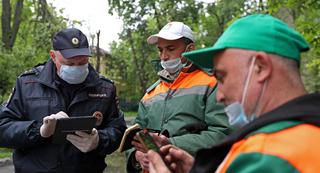
When the shock from the pandemic wears off, post-COVID societies will have to search for new mechanisms to curb the desire of the authorities for total digital control.
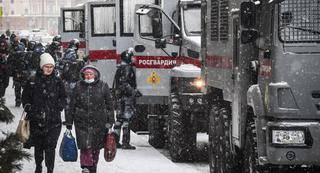
Navalny is pushing ordinary Russians out of their comfort zone. The mass conformism endemic in authoritarian regimes is working against him.
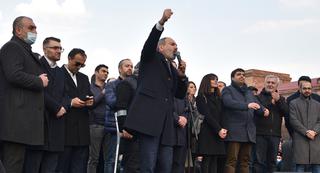
Armenian diplomacy will depend far more on external factors from now on. A multi-vector foreign policy will remain in its national interests, but now that will be easier said than done.

In Russia—both in expert circles and in the corridors of power—the possibility of Saakashvili reentering Georgian politics, never mind returning to power, is seen as little short of a catastrophe. But putting emotions to one side, it’s clear that Georgian Dream’s foreign policy differs little from its predecessor’s.
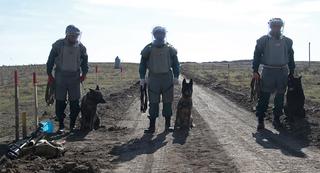
Europe has a role to play in rebuilding the South Caucasus and promoting a sustainable future. One important dividend would be democracy promotion in the region. A Russian-enforced peace could be remarkably conducive to that end.
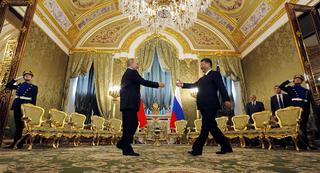
The Trump administration’s attempt to replicate Henry Kissinger’s diplomatic maneuvering between the Soviet Union and China in the early 1970s is a good example of the misuse of history.